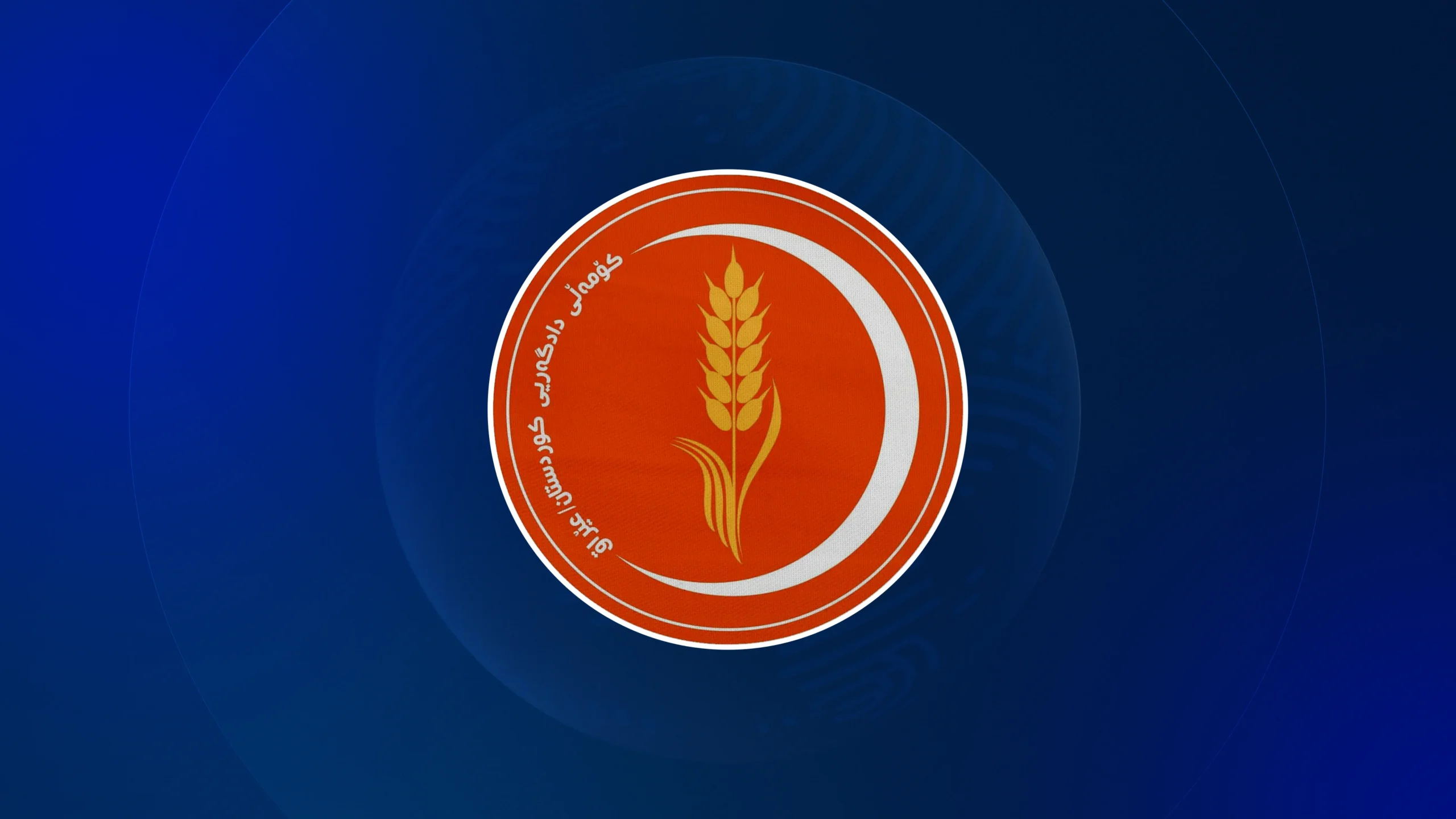The Kurdistan Justice Group (Komal) has postponed its fifth congress, originally scheduled for June 22-23, citing regional instability and the Iran-Israel conflict as primary concerns affecting the decision.
Leadership Council Addresses Multiple Critical Issues
On June 15, 2025, the Kurdistan Justice Group (Komal) held a comprehensive meeting of its Leadership Council and Founding Members Council in Sulaymaniyah, chaired by Ali Bapir. The session addressed several pressing issues affecting the party, the Kurdistan Region, and the broader Middle East.
The meeting focused on three main areas of concern. First, discussions centered on the congress preparations, with the Higher Congress Preparation Committee reporting that all arrangements had been completed. However, the leadership emphasized the importance of maintaining unity and called upon all members to approach the congress with a spirit of brotherhood while preserving the organization’s history and sovereignty.
The council also stressed the need for proper preparation for the future phase, requiring appropriate vision, strategy, plans, and programs that align with the upcoming developments in the Kurdistan Region and Iraq.
Economic Crisis and Government Salaries Under Scrutiny
A significant portion of the meeting addressed the salary crisis and living conditions of Kurdistan’s citizens. The leadership highlighted the severe economic hardship imposed on the Kurdish people, criticizing regional officials for their indifference and the absence of visible solutions.
The council argued that regional authorities should have worked day and night to resolve this crisis, utilizing domestic revenue from oil and gas sales, including through unofficial channels, to ensure citizen salaries. The organization declared the continuation of this situation unacceptable, warning that the Kurdish people cannot endure these conditions indefinitely.
The salary crisis has become a major concern for the Kurdistan Regional Government, with public sector employees frequently experiencing delayed or reduced payments due to budget constraints and disputes with the federal government in Baghdad.
Regional Conflicts Prompt Security Concerns
The third major topic addressed the current regional tensions and complications, particularly the escalating conflict between Iran and Israel. The leadership expressed grave concern about the completely destabilized situation in the region, warning of the potential for expanded attacks and broader warfare.
The organization called upon the international community and the United Nations to take a firm stance and establish limits to prevent the expansion of the conflict. They specifically urged that the Kurdistan Region and Iraq remain distant from the destructive flames of this war, emphasizing the need for regional stability.
The Iran-Israel tensions have significantly impacted the broader Middle East, with various regional powers taking sides and increasing the risk of a wider conflict that could affect neighboring countries, including Iraq and the Kurdistan Region.
The postponement decision came after extensive consultations with the Iraqi High Electoral Commission and consideration of requests from numerous party members across all levels. Dr. Bestoon Hamesalih, head of the party’s Election and Statistics Office, confirmed that a new suitable date would be determined in coordination with Iraqi electoral authorities.
The Kurdistan Justice Group (Komal), established in May 2001 under Ali Bapir’s leadership, currently holds one seat in the Iraqi Parliament and three seats in the Kurdistan Parliament. The organization underwent significant changes during its fourth congress in February 2021, when it removed “Islamic” from its name and changed the leader’s title from “Emir” to “President.” The party’s leadership council consists of 22 members, including three women, reflecting its commitment to gender representation in political leadership.


